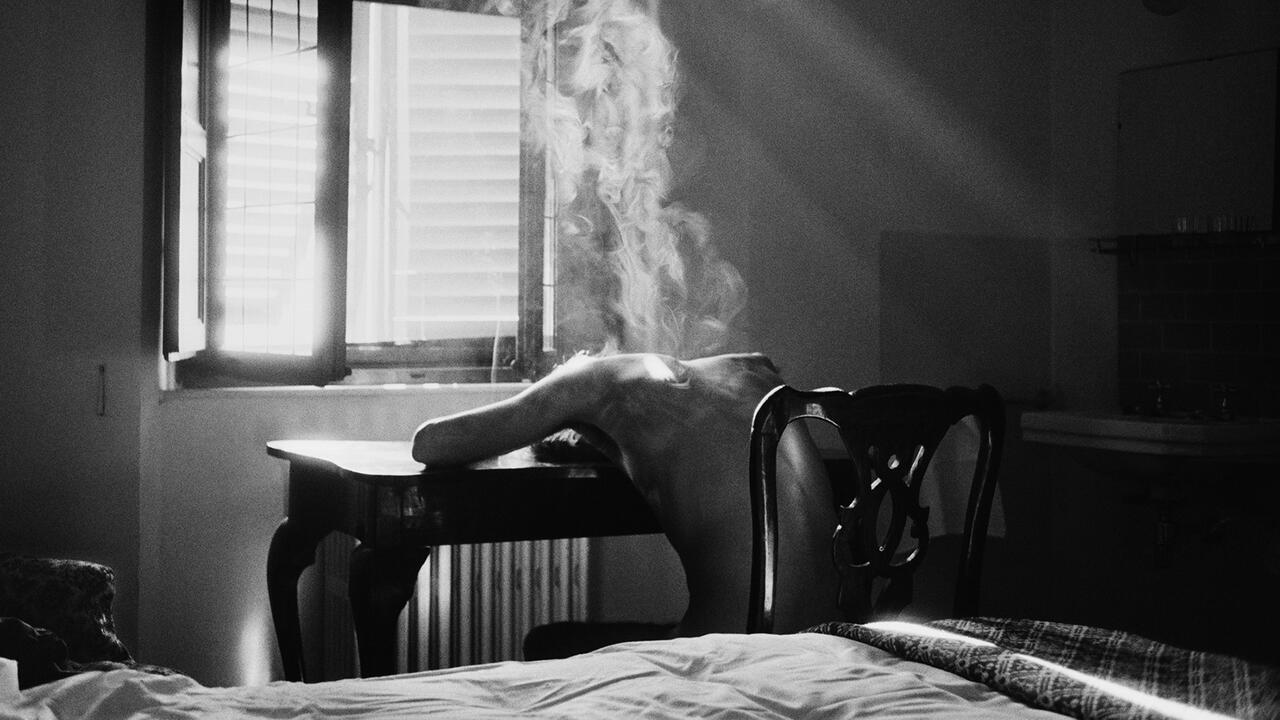The Common Inheritance of Our Bodies
Olivia Laing uses dance to prove the existence of tenderness, solidarity and personal freedom
Olivia Laing uses dance to prove the existence of tenderness, solidarity and personal freedom

I’d like to see a whale. I’ve only seen them in aquariums in the 1980s, jumping through hoops, breaching and turning in chlorine-blue pools. Nomadic animals in holding tanks, never losing the urge to travel 100 kilometres through open water. Do you feel the constriction of other bodies in your own? A minute ago, I opened my laptop and read an article about a woman being sued by her unborn embryos. The estranged husband had given them names, Emma and Isabella.
Every day it seems as if there’s a new law governing what you can and can’t do with your body. In Ohio, they’re proposing women can’t have an abortion if the foetus has a heartbeat, which starts at six weeks, when it’s the size of a lentil, smaller than a popcorn kernel, smaller than a fingernail. Meanwhile, in the UK, the Digital Economies Bill is set to ban internet porn sites from showing what they call ‘unconventional sex acts’: fisting, urination, spanking that leaves marks. I don’t want to commit civil disobedience, I just want to watch porn on my computer, to have jurisdiction over my own orgasms, to reproduce in my own time, or not at all.
One night last autumn, I went on my own to see to a simple, rock ‘n’ roll … song (2016), Michael Clark’s farewell to David Bowie at the Barbican Centre in London. There were women sitting on either side of me, talking quietly about a heart attack, a care home. The dancers came on stage, making their glacial suite of movements to two piano pieces by Erik Satie. I’d like to say they moved like automata, but that’s not true. What was beautiful was watching their disciplined, pliant bodies straining on the edge of mechanization, up on one wobbling leg like monochrome flamingos, right at the threshold of human capacity.
The soundtrack to the next act was ‘Land’, Patti Smith’s incantatory epic of borderline experience: a hammered-out vision of extremis that begins with a boy being pushed in a hallway. Physical states smear and slide into each other, switchblade to needle to cock, the drugged body to the fucked body to the corpse. Out here, in Smith’s delicious ‘sea of possibilities’, what else is there to do but dance: to do the watusi, the pony, the twist?
I was in row G, craning forward. Three figures, in black vinyl flares, were going all out, arms snapping like alligators, limbs bending into impossible shapes. No more wobbles. Like Smith says: ‘got to lose control and then you take control’. I could feel it in my chest, the body’s hunger to wheel in and out of contact, freely.
One hold in particular stuck in my mind. A dancer with a shaved head and an epicene face leant into a handstand that turned into an inverted lift. Arms outstretched, ankles locked behind his partner’s head, he hung in surrender before being lowered to the ground. Tenderness: I’ll take it wherever it comes.
After the US election, I fell asleep each night packing a bag in my mind. A map, a compass, cash, a torch. What kind of disaster did I think was coming? Everything was eroding: language, truth, civil rights. I saw a T-shirt the other day that said ‘ACTIVISM’, but I’m not sure £65 slogans are going to help. ‘The people have the power’: another Smith lyric, but once you fetishize the people you’re only a step away from language like ‘ENEMIES OF THE PEOPLE’ or ‘the people have spoken’ or any of those other devices for shutting down debate.
I don’t know about the people, but I still believe in solidarity, as old-fashioned as that sounds, and I still believe that the root of solidarity lies in the common inheritance of our bodies – which, until someone in the silicon cities of the west cracks the code to eternal life, remain subject, however unequally, to sickness, loss, old age and death. It’s a sea of possibilities. Even now, it’s all up for grabs. The human animal, mobbed by desire, terrified of difference, pursuing their lynchings and pogroms, when they could be out here with the rest of us, doing the watusi in the dark.
Main image: Michael Clark Company, to a simple rock 'n' roll...song, 2016. Courtesy: Barbican Centre, London; photograph: Hugo Glendinning






















